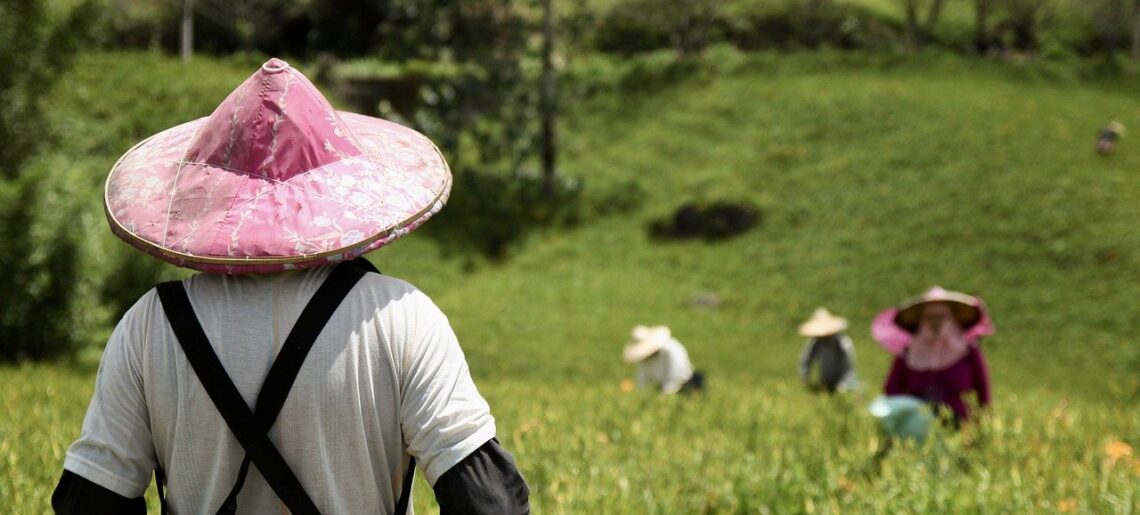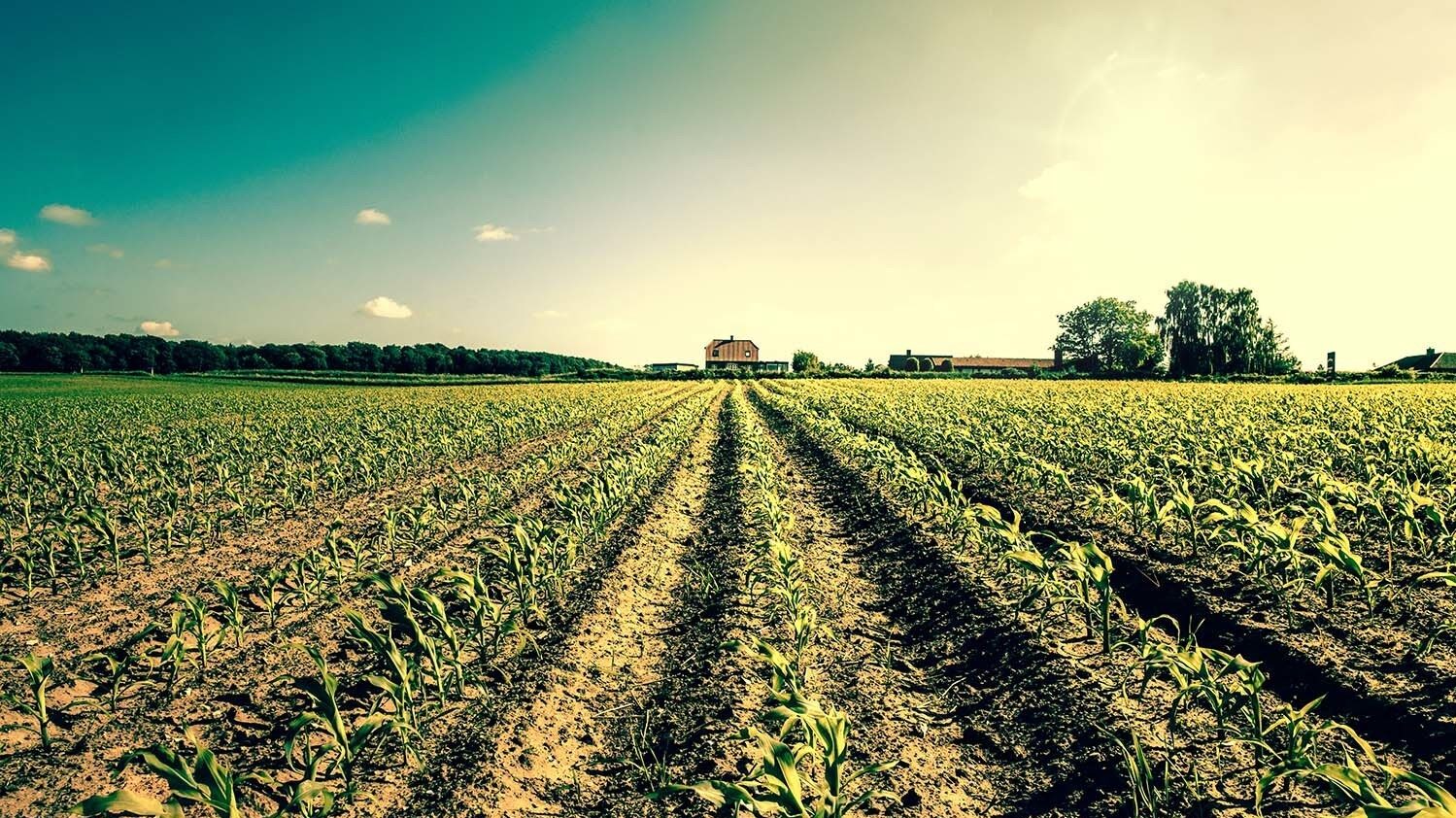Looking After the Labourers on the Land

Just recently, there were reports that Punjabi farmers have found greener pastures in Georgia, a relatively small country in the Caucasus region. Due to cheaper farm leases, ideal climate for crops and rich soil, farm labourers in India have crossed the region looking for new farms to tend and crops to grow.
For many years, parts of Caucasus are embroiled in conflicts and violence. Despite the frictions in the region, the agricultural industry somehow thrived in Caucasus. In fact, one of the world’s first farmers came from the ancient inhabitants in communities that settled in the area. This does not come as a surprise since more than half of the total land mass in the Caucasus ecoregion are being used in agriculture. Among the major crops harvested in the area are fodder, tea and tobacco.
Farm workers in the region are lauded for being hardworking and resilient. But despite their diligence, their needs are often overlooked. One of which is their sexual needs. Good thing that there are brothels in the Caucasus that can bring about the farmers’ sexual desires.
Health services for farm workers in the region also seemed to be inadequate. As the number of young farm workers in the region increases, the need for proper health care also shoots up. Sadly, not everyone can afford the heath care they desperately yearn for. Farming, in general, constitutes mostly of physical labour that is associated with extreme physical and health risks. In a world where the significance of adept workers with benefits is recognised, why are farmers not given the same merits and assistance?
Support to local farmers is also limited. Due to climate change, productivity in the Caucasus is low compared with other agricultural regions in the world. What the farmers need are programs and assistance from their government as well as support from international research communities that are focused on improving agricultural yield. Plants that can grow even on winter and crops that are tolerant to salinisation and pests will also help in boosting the productive capacity of agricultural systems in the region. The growth potential of agricultural lands in the Caucasus will only go to waste if these needs will not be met.

